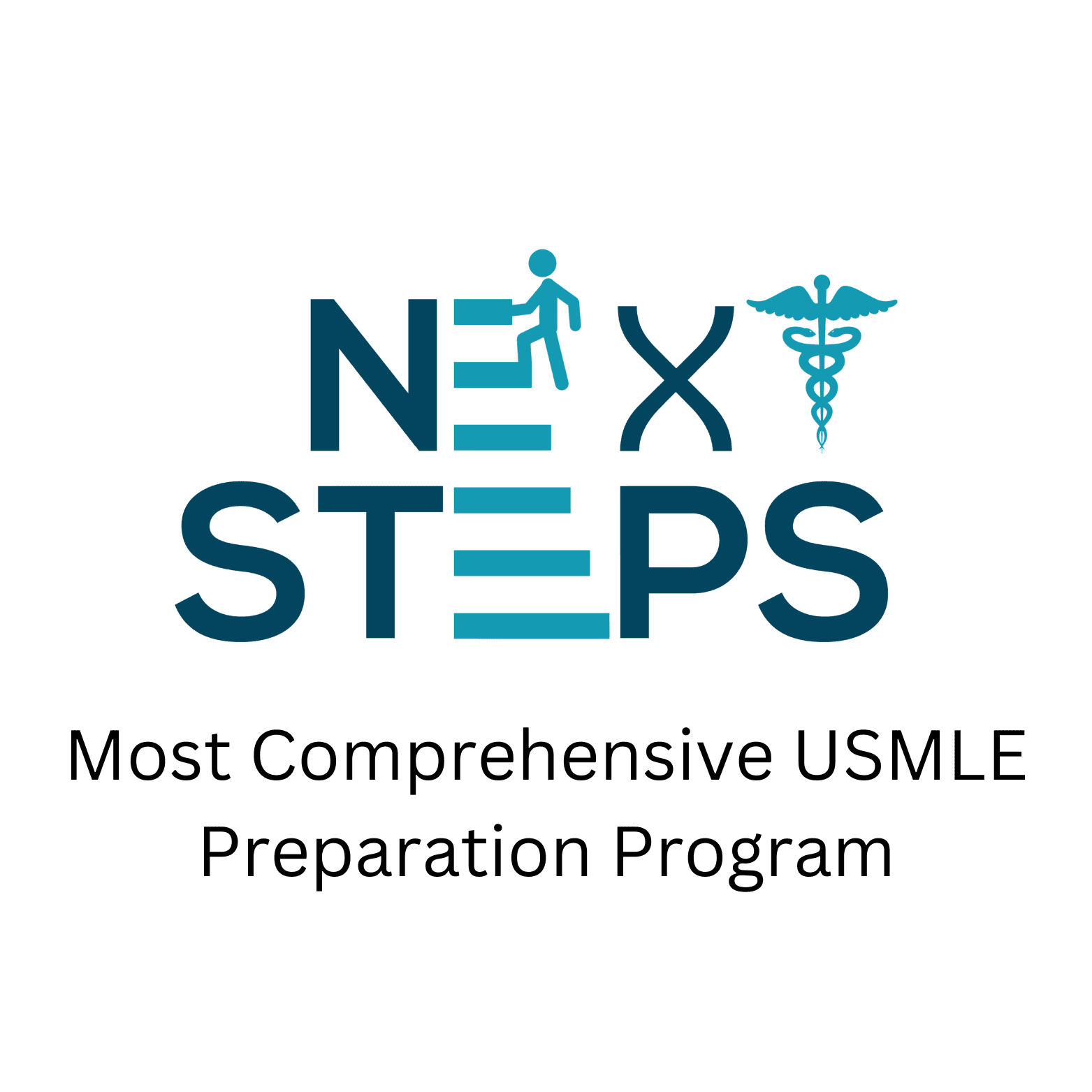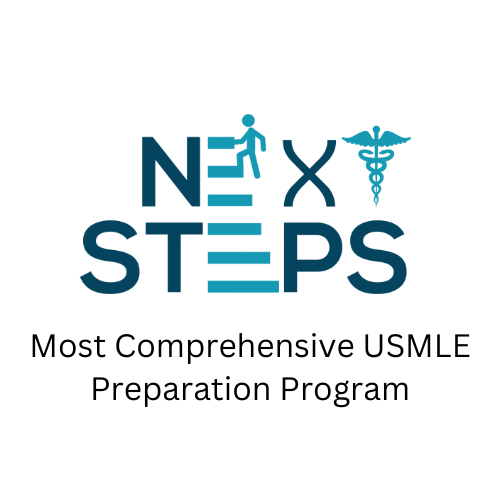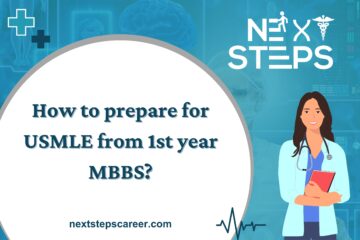Creating the Ultimate Study Schedule for USMLE Step 1: A Comprehensive Guide to Success
1. Understand the USMLE Step 1 Content and Format
Before creating a study schedule for usmle step 1, it’s essential to have a clear understanding of the USMLE Step 1 exam structure:
- Subjects Covered: The Step 1 exam includes a broad range of subjects such as anatomy, biochemistry, microbiology, pharmacology, pathology, physiology, behavioral sciences, and more.
- Format: The exam consists of 280 multiple-choice questions that test your knowledge and ability to apply basic medical sciences in clinical scenarios.
- Time Allocation: The exam is divided into seven blocks of 40 questions each, with a total testing time of 8 hours.
Having this overview will help you organize your study materials and divide them into manageable sections, ensuring a thorough preparation.
2. Plan Your Study Timeline
Creating a study schedule depends on the amount of time you have before your exam. Typically, students spend 4-6 months preparing for Step 1, but this can vary based on individual progress. Here’s a suggested timeline:
4-6 Month Preparation Plan
- Month 1-2 (Foundational Review):
- Goal: Build a strong understanding of basic science subjects and set up the foundation for later review.
- Focus: Review subjects like biochemistry, anatomy, physiology, microbiology, and pathology.
- Study Method: Use first aid for USMLE Step 1, supplemented with question banks to reinforce concepts.
- Time Commitment: Aim for 6-8 hours of study per day.
- Month 3-4 (Comprehensive Review and Integration):
- Goal: Start integrating topics and focus on understanding high-yield concepts and clinical correlations.
- Focus: Dive into topics that are tested more frequently in Step 1, such as pathology, pharmacology, and microbiology.
- Study Method: Use Next Steps Question bank to focus on weak areas, and create flashcards for high-yield facts.
- Time Commitment: Increase study hours to 8-10 hours per day.
- Month 5-6 (Final Review and Practice Exams):
- Goal: Fine-tune your knowledge, reinforce weak areas, and practice as much as possible with timed practice exams.
- Focus: Focus on Next Steps questions, NBME practice exams, and self-assessment exams.
- Study Method: Simulate test conditions, practice full-length exams, and review questions to understand your weaknesses.
- Time Commitment: Maintain 8-10 hours per day, but incorporate breaks and ensure you’re practicing under exam conditions.
2-4 Month Preparation Plan (For Last-Minute Preparation)
- Month 1 (Focused Subject Review):
- Goal: Prioritize the most tested and high-yield topics.
- Focus: Focus on biochemistry, pharmacology, pathology, and microbiology, as these are frequently tested.
- Study Method: Use First Aid and question banks as your primary resources.
- Time Commitment: 6-8 hours per day.
- Month 2 (Practice and Review):
- Goal: Focus heavily on question banks and self-assessment exams.
- Focus: Do Next Steps questions, review explanations, and identify weak points.
- Study Method: Incorporate practice tests every 2-3 days to gauge progress.
- Time Commitment: Increase study time to 8-10 hours per day.
- Final Weeks (Final Review and Rest):
- Goal: Consolidate your knowledge and make sure you’re rested.
- Focus: Take practice exams, but avoid overloading yourself with new information.
- Study Method: Focus on First Aid, Next Steps, and practice exams.
- Time Commitment: 6-8 hours per day for review, and don’t forget to take short breaks.
3. Weekly Breakdown of Study Plan
Having a weekly breakdown is essential to stay organized. Here’s a sample weekly schedule you can adapt to fit your timeline:
Sample Weekly Schedule
- Monday to Friday:
- Morning (3-4 hours): Review basic sciences and key concepts from high-yield subjects. Focus on one subject per day.
- Midday (1 hour): Break for lunch, and engage in light review or watch educational videos.
- Afternoon (2-3 hours): Work through question banks. Focus on timed questions to simulate exam conditions.
- Evening (1-2 hours): Review question bank explanations, consolidate learning with flashcards, or work on weaknesses.
- Total Daily Study: 6-8 hours per day.
- Saturday:
- Morning: Take a practice exam to gauge your progress.
- Afternoon: Review practice exam answers and spend time working on weak areas.
- Evening: Relax, recharge, and prepare for the week ahead.
- Sunday:
- Day Off: Use Sundays as a day to rest, do light review, or engage in activities to reduce stress. Rest is crucial to prevent burnout.
4. Utilize High-Yield Resources
Choosing the right study materials can make a significant difference in your preparation. Here are some of the most effective resources:
- First Aid for USMLE Step 1: The ultimate resource for high-yield information and key concepts.
- Next Steps Question Bank: Considered the gold standard for Step 1 prep. Focus on understanding the explanations for each question, not just memorizing answers.
- Pathoma: A great resource for understanding pathology concepts.
5. Stay Healthy and Manage Stress
A successful study schedule for usmle step 1 goes beyond academic preparation. It’s important to take care of your physical and mental health:
- Sleep: Aim for 7-8 hours of sleep each night to ensure optimal cognitive function.
- Exercise: Incorporate light exercise or walking into your daily routine to reduce stress and boost concentration.
- Breaks: Take regular breaks to avoid burnout and maintain focus during long study hours.
6. Stay Flexible and Adjust
Your study schedule for usmle step 1 should be flexible enough to accommodate changes in pace, unexpected disruptions, or areas where you may need more time. Track your progress regularly and adjust your schedule accordingly.
Final Thoughts
Creating a study schedule for usmle step 1 requires careful planning and consistency. Focus on building a solid foundation with the right resources, practice as much as possible, and adjust your approach based on your progress. By following a structured study plan and staying committed to your goal, you’ll be well-prepared for success on exam day.





